What Happens When a Hybrid Car Runs Out of Battery: Understanding the Consequences
Hybrid cars have become increasingly popular in recent years due to their fuel efficiency and eco-friendliness. These vehicles contain both an electric motor and a gasoline engine, which work together to power the car. The battery in a hybrid car stores energy that can be used by the electric motor when needed, such as when accelerating or going up hills. But what happens when a hybrid car runs out of battery?

What Happens When a Hybrid Car Runs Out of Battery?
The answer to this question depends on the specific make and model of the hybrid car. Some hybrid cars are designed to continue running on gasoline power alone when the battery is depleted, while others may shut off completely.
It’s important for hybrid car owners to understand what to expect if their battery runs out, as well as how to prevent this from happening in the first place.
Key Takeaways
- Hybrid cars contain both an electric motor and a gasoline engine, and the battery stores energy that can be used by the electric motor when needed.
- What happens when a hybrid car runs out of battery depends on the specific make and model of the car.
- Hybrid car owners should understand what to expect if their battery runs out and how to prevent this from happening.
Understanding Hybrid Cars
Hybrid cars, also known as hybrid vehicles, are automobiles that use a combination of an internal combustion engine and an electric motor to power the vehicle. The powertrain of a hybrid car consists of both the combustion engine and the electric motor, which work together to optimize fuel efficiency and reduce emissions.
There are two main types of hybrid cars: mild hybrid and full hybrid. In a mild hybrid, the electric motor is used to assist the combustion engine, while in a full hybrid, the electric motor can power the vehicle on its own at low speeds. Hybrid cars can also be classified as either series or parallel systems, depending on how the electric motor and combustion engine work together.
When a hybrid car runs out of battery power, the internal combustion engine automatically starts up and powers the vehicle. The battery charging process also begins at this point. However, it is important to note that the hybrid car’s performance may be affected when the battery is low, and the vehicle may not be able to operate in electric-only mode.
The lifespan of a hybrid car’s battery varies depending on the make and model of the vehicle. Most hybrid batteries last between eight and ten years, but signs of a dying battery include difficulty holding a charge, strange engine noises, and decreased fuel efficiency.
In summary, hybrid cars are a combination of an internal combustion engine and an electric motor, which work together to optimize fuel efficiency and reduce emissions. When a hybrid car runs out of battery power, the internal combustion engine takes over and powers the vehicle while also charging the battery.
The Role of Battery in Hybrid Cars
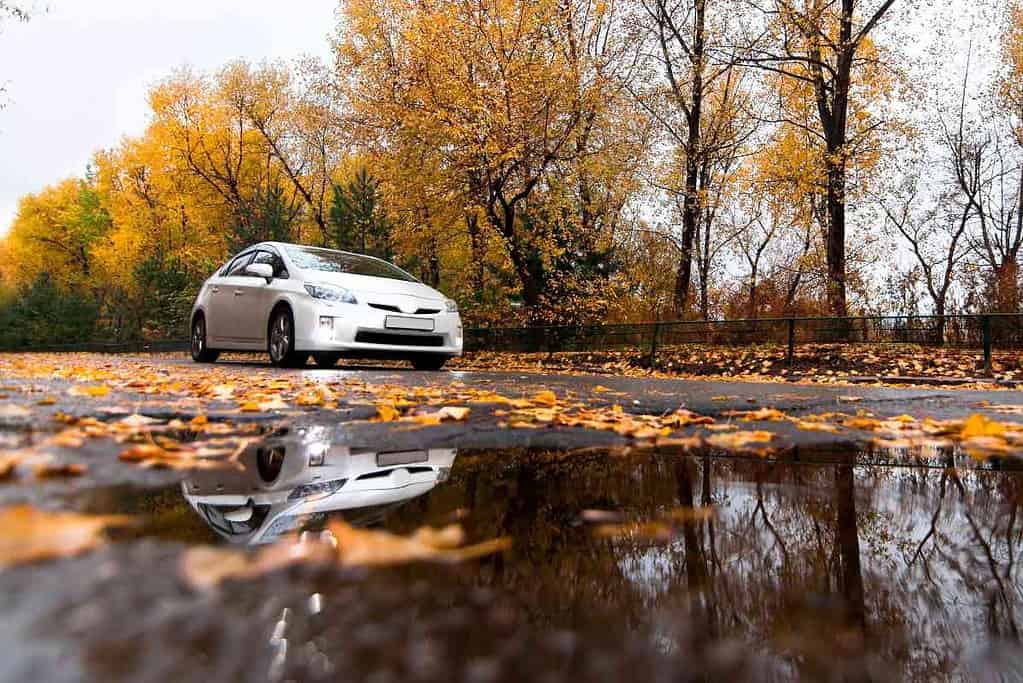
Hybrid cars have two types of batteries: a high-voltage battery and a 12-volt battery. The high-voltage battery, also known as the hybrid battery or battery pack, is the primary source of power for the electric motor that propels the car. The 12-volt battery, on the other hand, is responsible for powering the car’s electrical components, such as the lights and radio.
The hybrid battery is made up of individual cells, which are connected in series to create a high-voltage battery pack. These cells are typically made of nickel-metal hydride (NiMH) or lithium-ion (Li-ion) chemistry. The choice of chemistry depends on the specific make and model of the hybrid car.
The high-voltage battery is designed to provide power to the electric motor, which supplements the power from the gasoline engine. When the car is in motion, the electric motor and gasoline engine work together to provide the necessary power to move the car. The hybrid battery also stores energy from regenerative braking, which is used to recharge the battery while the car is slowing down.
In the event that the hybrid battery runs out of power, the car’s gasoline engine will automatically start up and take over as the primary source of power. The car will continue to operate normally, but it will no longer be able to take advantage of the electric motor’s power or the benefits of regenerative braking.
Here is a table summarizing the main differences between the high-voltage battery and the 12-volt battery:
| High-Voltage Battery | 12-Volt Battery |
|---|---|
| Provides power to the electric motor | Powers the car’s electrical components |
| Made up of individual cells connected in series | Typically a single lead-acid battery |
| Stores energy from regenerative braking | Does not store energy |
| Higher voltage (typically 200-400 volts) | Lower voltage (typically 12 volts) |
In conclusion, the hybrid battery plays a critical role in the operation of a hybrid car. It provides power to the electric motor and stores energy from regenerative braking, helping to improve fuel efficiency and reduce emissions. However, in the event that the battery runs out of power, the car’s gasoline engine will take over and allow the car to continue operating normally.
What Happens When a Hybrid Car Runs Out of Battery
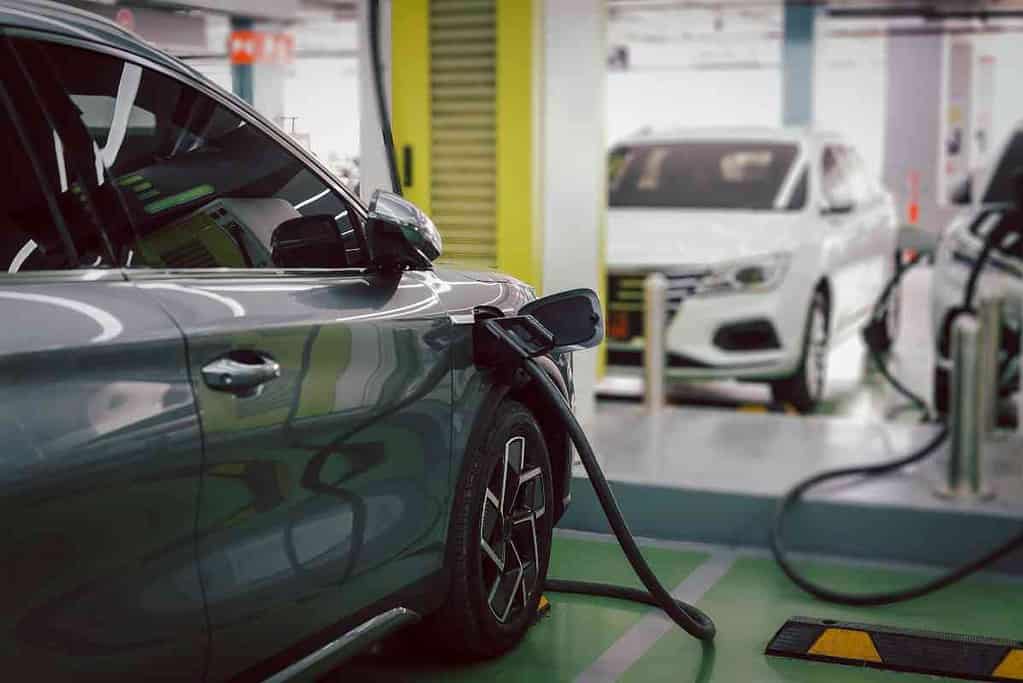
When a hybrid car runs out of battery, the vehicle will continue to run on gasoline power alone. The transition from electric to gasoline power may be noticeable to the driver, as the car’s performance and acceleration may be impacted. However, the car’s transmission and engine should continue to function normally.
It is important to note that running a hybrid car on gasoline power alone may decrease the vehicle’s fuel efficiency, as it will not be able to take advantage of the motor’s regenerative braking or other energy-saving features.
If the hybrid battery is completely dead, the car may not start at all. In this case, the battery will need to be repaired or replaced before the vehicle can be operated.
It is also worth noting that the hybrid system and engine may produce strange noises if the battery is dead or malfunctioning. If you notice any unusual sounds coming from your vehicle, it is important to have it inspected by a qualified mechanic to ensure that it is functioning properly.
Popular Hybrid Car Models
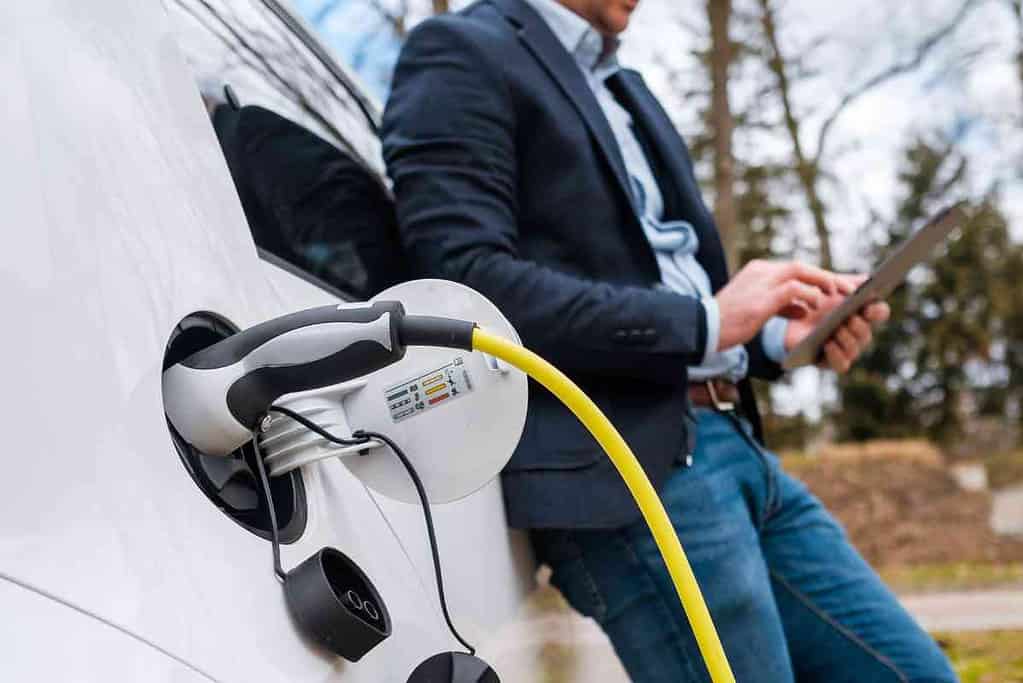
Hybrid cars are becoming increasingly popular as they offer a balance between fuel efficiency and performance. Here are some of the most popular hybrid car models available in the market:
Toyota Prius
The Toyota Prius is one of the most popular hybrid cars on the market. It is known for its excellent fuel efficiency, reliability, and low emissions. The latest model of the Prius offers an estimated 54 miles per gallon in the city and 50 miles per gallon on the highway.
Ford Fusion
The Ford Fusion offers a comfortable ride and excellent fuel efficiency. It has a combined fuel economy of 42 miles per gallon and has a spacious interior.
Toyota Camry Hybrid
The Toyota Camry Hybrid is a midsize sedan that offers fuel efficiency of 52 miles per gallon and a smooth ride.
Chevy Volt
The Chevy Volt is a plug-in hybrid car that offers a range of up to 53 miles on a single charge.
Lexus
Lexus offers a range of hybrid cars, including the ES Hybrid, the LS Hybrid, and the UX Hybrid. These cars offer excellent fuel efficiency, luxurious interiors, and advanced safety features.
Nissan Altima
The Nissan Altima is a midsize sedan that offers a combined fuel economy of 34 miles per gallon and a smooth ride.
| Model | Fuel Economy (City/Hwy) | Range (Miles) |
|---|---|---|
| Toyota Prius | 54/50 | N/A |
| Ford Fusion | 43/41 | N/A |
| Toyota Camry Hybrid | 51/53 | N/A |
| Chevy Volt | 106 MPGe (Electric) | 53 (Electric) |
| Lexus ES Hybrid | 44/45 | N/A |
| Nissan Altima | 28/39 | N/A |
In conclusion, there are a variety of hybrid car models available in the market, each with their own unique features and benefits. When choosing a hybrid car, consider fuel efficiency, performance, and value for money.
Efficiency and Performance of Hybrid Cars
Hybrid cars are known for their fuel efficiency and performance. They are designed to use both gasoline and electricity to power the vehicle. The electric motor provides power to assist the engine in accelerating, passing, or hill climbing, which allows a smaller, more efficient engine to be used. This results in better fuel economy and lower fuel consumption.
The efficiency of a hybrid car depends on various factors such as driving conditions, driving style, and the type of hybrid system used. There are two types of hybrid systems: series and parallel. In a series hybrid system, the gasoline engine is used to generate electricity to power the electric motor. In a parallel hybrid system, both the gasoline engine and electric motor are used to power the vehicle.
Hybrid cars are also equipped with regenerative braking technology, which converts the energy lost during braking into electricity, which is then stored in the battery. This helps to increase the efficiency of the vehicle and reduces the amount of electricity needed to recharge the battery.
The performance of a hybrid car is also impressive. The electric motor provides instant torque, which means that the car can accelerate quickly and smoothly. In addition, the gasoline engine can be used to provide additional power when needed, such as when climbing hills or passing other vehicles.
Here is a table comparing the efficiency of a hybrid car with a conventional gasoline car:
| Car Type | Fuel Efficiency (mpg) |
|---|---|
| Hybrid | 50 |
| Gasoline | 30 |
As you can see, the hybrid car is much more fuel efficient than the gasoline car. This means that the hybrid car will consume less gasoline and produce fewer emissions, making it a more environmentally friendly option.
In summary, hybrid cars are designed to be efficient and perform well. They use both gasoline and electricity to power the vehicle, resulting in better fuel economy and lower fuel consumption. The electric motor provides instant torque, making the car accelerate quickly and smoothly, while the gasoline engine can be used to provide additional power when needed.
Maintenance and Replacement of Hybrid Car Batteries
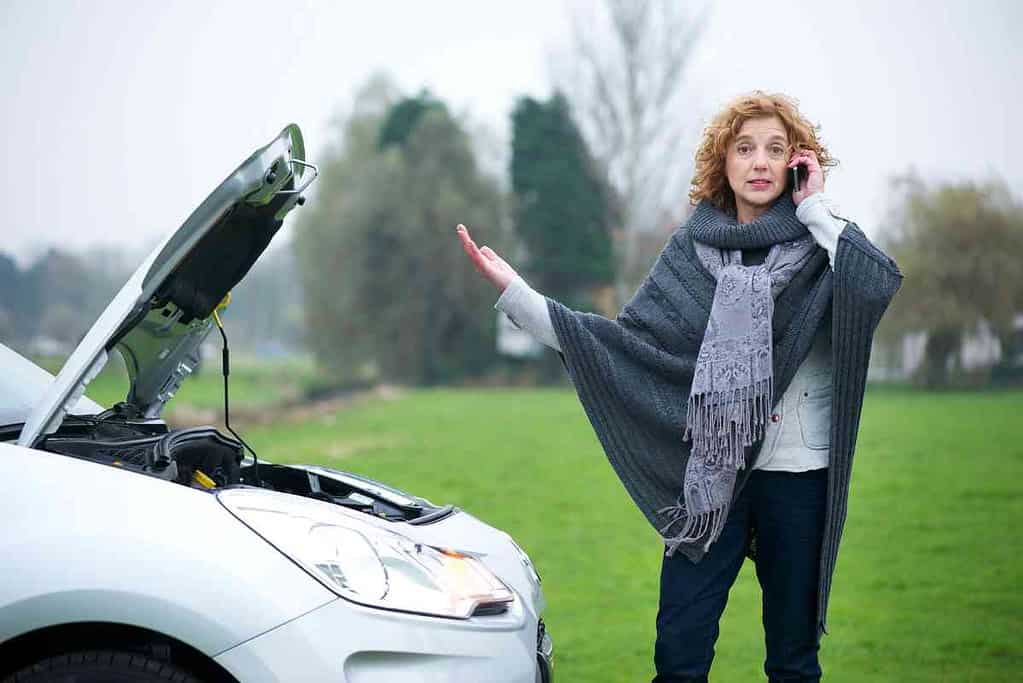
Hybrid car batteries are designed to last a long time, but they do require regular maintenance to ensure they continue to function properly. Routine maintenance can help prevent battery failure and extend the life of the battery.
Maintenance
Regular maintenance of hybrid car batteries includes keeping the battery clean and ensuring it is properly charged. It is important to follow the manufacturer’s recommended maintenance schedule to ensure the battery is being properly maintained. This may include checking the battery’s state of charge, inspecting the battery for damage, and testing the battery’s performance.
Warranty
Most hybrid car batteries come with a warranty from the manufacturer. The length of the warranty can vary depending on the make and model of the vehicle. It is important to understand the terms of the warranty, including what is covered and what is not covered. If the battery fails during the warranty period, the manufacturer may replace the battery at no cost to the owner.
Replacement
If a hybrid car battery fails outside of the warranty period, it may need to be replaced. Replacing a hybrid battery can be expensive, but there are options available to help reduce the cost. One option is to purchase a refurbished battery, which is a used battery that has been reconditioned to function like new. Another option is to have the battery replaced by a mechanic who specializes in hybrid vehicles.
Dealership
Many hybrid vehicle owners choose to have their batteries replaced at the dealership where they purchased the vehicle. This can be a convenient option, but it is important to shop around and compare prices before making a decision. It is also important to ensure that the dealership has experience working with hybrid vehicles and that they use high-quality replacement parts.
Table
Here is a table summarizing some of the key points to consider when replacing a hybrid car battery:
| Considerations | Details |
|---|---|
| Warranty | Check the length and terms of the battery warranty |
| Replacement options | Consider purchasing a refurbished battery or having the battery replaced by a hybrid vehicle specialist |
| Cost | Shop around and compare prices |
| Dealership | Ensure the dealership has experience working with hybrid vehicles and uses high-quality replacement parts |
Environmental Impact of Hybrid Cars
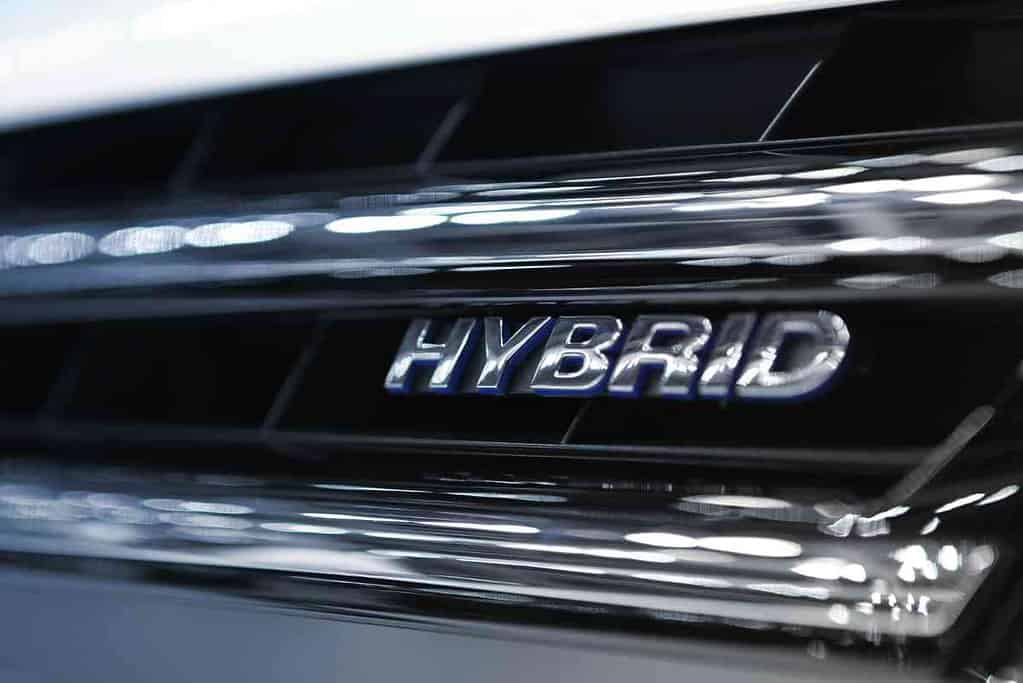
Hybrid cars have been marketed as a more environmentally friendly alternative to traditional gas-powered vehicles. While they do offer some benefits, it is important to consider their overall environmental impact.
One of the main advantages of hybrid cars is that they are more fuel efficient, which means they produce fewer emissions than traditional vehicles. According to the U.S. Energy Information Administration, the average mileage for a hybrid car is 38.7 miles per gallon, compared to 26.7 miles per gallon for a gas-only vehicle. This means that hybrid cars emit fewer greenhouse gases and other pollutants into the environment.
However, the production of hybrid cars can have a negative impact on the environment. The production process requires the use of rare earth metals, which are often mined in environmentally destructive ways. Additionally, the batteries used in hybrid cars contain toxic chemicals that can be harmful to the environment if not disposed of properly.
Despite these drawbacks, hybrid cars are generally considered to be more environmentally friendly than traditional vehicles. In fact, a study by the Union of Concerned Scientists found that hybrid cars produce 25-35% less greenhouse gas emissions than traditional vehicles.
Overall, while hybrid cars do have some negative environmental impacts, their benefits outweigh their drawbacks. By choosing a hybrid car, consumers can help reduce their carbon footprint and contribute to a cleaner, more sustainable future.
| Pros | Cons |
|---|---|
| More fuel efficient | Rare earth metals used in production |
| Lower emissions | Batteries contain toxic chemicals |
| Contributes to a cleaner future | Production process can be environmentally destructive |
Consumer Perspective on Hybrid Cars

Hybrid cars have become increasingly popular among consumers in recent years. They offer a more environmentally friendly option than traditional gasoline cars, while still providing the convenience and reliability of a new car. However, one concern that some consumers have is what happens when a hybrid car runs out of battery.
First and foremost, it is important to note that hybrid cars are designed to prevent the battery from running out completely. Most hybrid cars have a gasoline engine that kicks in when the battery is low, so the car can continue to operate. This means that even if the battery runs out, the car will not simply stop working.
That being said, if the battery does run out, there are a few things to keep in mind. One is that the gasoline engine will have to work harder to power the car, which can result in decreased fuel efficiency. Additionally, some hybrid cars may not be able to operate at full capacity without the assistance of the battery.
From a consumer perspective, it is important to weigh the benefits and drawbacks of owning a hybrid car. While they may be more expensive upfront, they can often be cheaper to operate and maintain in the long run. Consumer Reports has consistently found that hybrid cars are among the most reliable new cars on the market.
When considering purchasing a hybrid car, it is important to do your research and compare different models. Look for a car that fits your needs and budget, and consider factors such as fuel efficiency, reliability, and overall cost of ownership.
| Pros | Cons |
|---|---|
| Environmentally friendly | More expensive upfront |
| Cheaper to operate and maintain | Decreased fuel efficiency when battery runs out |
| Reliable | Limited full capacity without battery |
Overall, hybrid cars can be a great option for consumers who are looking for a more environmentally friendly and cost-effective option. While the concern of running out of battery is valid, it is important to remember that hybrid cars are designed to prevent this from happening and can still operate even if the battery does run out.
Additional Considerations for Hybrid Car Owners
Hybrid cars are becoming increasingly popular due to their fuel efficiency and environmental benefits. However, owning a hybrid car also requires a bit of additional consideration and maintenance. In this section, we’ll cover some additional considerations for hybrid car owners to keep in mind.
Inactivity and Social Distancing
If you’re working from home or staying home more often, it’s important to properly maintain your hybrid battery. Inactivity can be a killer for hybrid batteries, so it’s important to keep them exercised. Dave Callari, a spokesperson for AAA, recommends driving your hybrid car at least once a week to keep the battery charged and prevent damage.
Temperature
Extreme temperatures can also affect your hybrid battery’s performance. High temperatures can cause the battery to degrade faster, while low temperatures can reduce its capacity. It’s important to park your hybrid car in a well-ventilated area and avoid exposing it to extreme temperatures.
Jump Starting and Roadside Assistance
If your hybrid car’s battery dies, you may need to jump-start it. However, it’s important to note that hybrid cars have two batteries: a 12-volt battery and a high-voltage battery. Jump-starting a hybrid car requires special precautions, and it’s recommended to contact roadside assistance or a qualified mechanic for help.
Replacing the Hybrid Battery
At some point, your hybrid battery may need to be replaced. The lifespan of a hybrid battery can vary depending on the make and model of your car, as well as your driving habits. It’s important to follow the manufacturer’s recommendations for optimal performance and to have your battery checked regularly.
Confusion
If you’re new to owning a hybrid car, you may have some questions or confusion about how it works. Don’t be afraid to consult your owner’s manual or contact your dealer for guidance. It’s important to understand how your hybrid car works to properly maintain it and get the most out of your investment.
In summary, owning a hybrid car requires some additional considerations and maintenance. By keeping your hybrid battery exercised, avoiding extreme temperatures, and seeking professional help when needed, you can extend the lifespan of your hybrid car and enjoy its many benefits.
Frequently Asked Questions
How much does it cost to replace a hybrid battery?
The cost of replacing a hybrid battery can vary depending on the make and model of the car. On average, it can cost between $1,000 to $6,000 to replace a hybrid battery. However, some manufacturers offer warranties on their batteries that can cover replacement costs.
Can a hybrid battery be recharged?
Yes, a hybrid battery can be recharged while driving through regenerative braking. This process converts the kinetic energy of the car’s motion into electrical energy, which is then stored in the battery. However, if the battery is completely dead, it will need to be replaced or repaired.
Can you still drive if your hybrid battery dies?
No, if your hybrid battery dies, you will not be able to operate your car until the battery is repaired or replaced. The car will not turn on, and you will not be able to drive it.
Can you drive a hybrid on gas only?
Yes, you can drive a hybrid on gas only. Hybrid cars have an internal combustion engine that can run on gasoline, just like a traditional car. However, the fuel efficiency of the car will be reduced when running on gas only.
How to start a hybrid car with dead battery?
If your hybrid battery is dead, you can still start the car by using a jump starter or a portable battery charger. However, it is important to note that this is only a temporary solution, and the battery should be repaired or replaced as soon as possible.
Bad hybrid battery symptoms
Some common symptoms of a bad hybrid battery include decreased fuel economy, charge fluctuations, and warning lights on the dashboard. If you suspect that your hybrid battery is not functioning properly, it is important to have it inspected by a qualified mechanic.
| Symptom | Description |
|---|---|
| Decreased fuel economy | The better the hybrid battery is, the lower your fuel consumption will be. |
| Charge fluctuations | The hybrid battery should charge and deplete in a consistent fashion. If you notice significant spikes in the levels of charge, it means that some of the cells are not functioning properly and that the battery life has diminished. |
| Warning lights on the dashboard | If the battery warning light or other warning lights related to the hybrid system come on, it could indicate a problem with the battery or other components of the hybrid system. |
